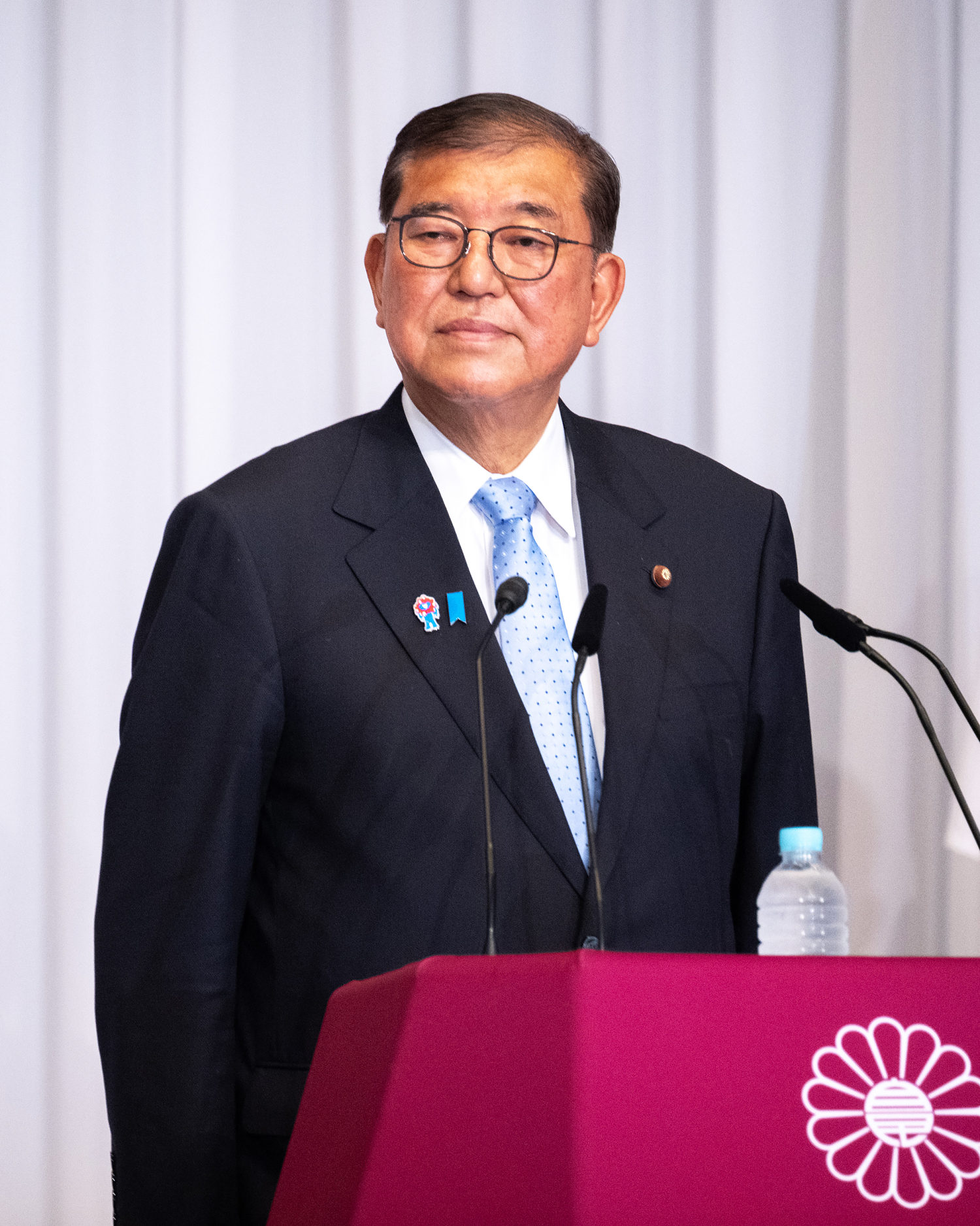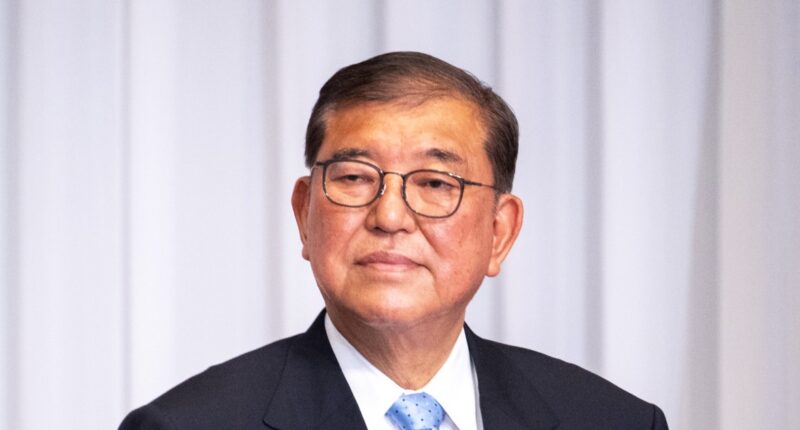Share this @internewscast.com

Japanese Prime Minister Shigeru Ishiba announced his resignation Sunday in order to avoid a split in the ruling Liberal Democratic Party.
His exit thrusts Japan, ranking as the world’s fourth largest economy and being a significant ally of the U.S., into new political uncertainty amidst soaring living costs, changes in rice policies, escalating regional tensions, and the consequences of U.S. tariffs on Japan’s economy.
Since taking office last year, Ishiba’s LDP-led coalition has lost its majority in the parliamentary elections for both chambers due to voter dissatisfaction over living expenses, including a historic defeat in the upper house elections in July.
He faced increasing pressure to step down, primarily from right-wing adversaries within his own party, which has been Japan’s ruling party for nearly the entire period following World War II.
Demands for an early leadership vote or Ishiba’s resignation intensified last week after a review of the upper house defeat in July by the LDP, urging a “complete overhaul” of the party.
His party were scheduled to vote Monday on holding an early leadership election, a virtual no-confidence motion against Ishiba if approved.
Last week, Ishiba wrapped up the specifics of a trade agreement with the U.S., where Japan committed to $550 billion in investments in exchange for reduced tariffs on its automotive sector.










